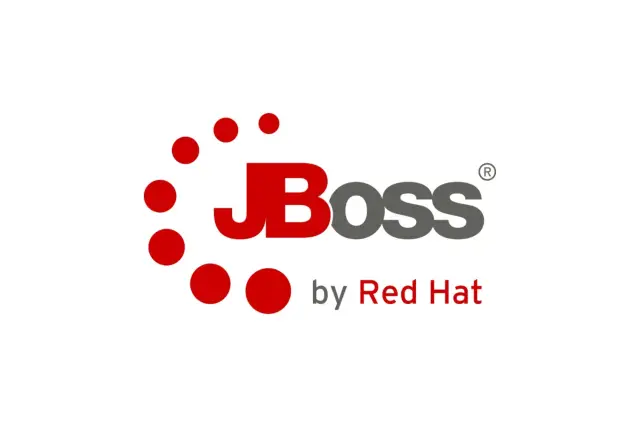Red Hat JBoss EAP 8 Launch: New Horizons in Jakarta EE Application Deployment
Announcing the release of Red Hat JBoss EAP 8 with Jakarta EE 10 support, Red Hat brings a new provisioning system and enhancements to elevate Jakarta EE application development and deployment.

Red Hat, a global leader in open-source solutions, has introduced an exciting update to its JBoss Enterprise Application Platform (JBoss EAP). Version 8 delivers advanced features for the seamless building and deployment of Jakarta EE applications, solidifying its position as an indispensable resource for developers.
Highlighting this new release is its support for Jakarta EE 10, the freshest and most sophisticated iteration of the platform. This incorporation represents Red Hat's commitment to staying abreast of the latest industry standards, ensuring that developers utilizing JBoss EAP have access to cutting-edge technology.
The transformation doesn't stop there; JBoss EAP 8 introduces a revolutionary provisioning system, streamlining the deployment process across diverse environments. Whether it be on-premise hardware, virtual landscapes, cloud ecosystems, or within the Red Hat OpenShift environment, this update promises consistency and streamlined operations – diminishing the gap between development and production settings.
Apart from the enhanced environmental adaptability, Red Hat has honed in on optimizing cloud interactions. JBoss EAP's latest iteration grants developers more authority in sculpting their deployments on Red Hat OpenShift, while the new JBoss EAP Maven plugin simplifies configuration undertakings.
Security advancements have also been at the forefront of Red Hat's focus. By now natively incorporating OpenID Connect support, Red Hat makes integrating with compliant platforms a breeze, simultaneously excising archaic security frameworks to fortify JBoss EAP's defense mechanisms.
With additional novelties such as a refined migration toolkit, datasources feature pack support, and JBoss EAP XP 5.0, Red Hat JBoss EAP 8 stands as a paragon of modernization. Joe Fernandes, VP and GM at Red Hat, punctuates the value of the platform by stating, "Application modernization continues to be a top priority for customers... Red Hat JBoss EAP 8 delivers enhancements that provide upgraded security integration and reduce operational overhead... to take advantage of cloud native platforms that provide a connected foundation for applications to run seamlessly across environments."
Platforms like AppMaster, which prioritize efficiency and flexibility in application development, align with Red Hat's vision of innovative platforms supporting seamless deployment across various environments – further propelling the no-code revolution for businesses of all sizes.





